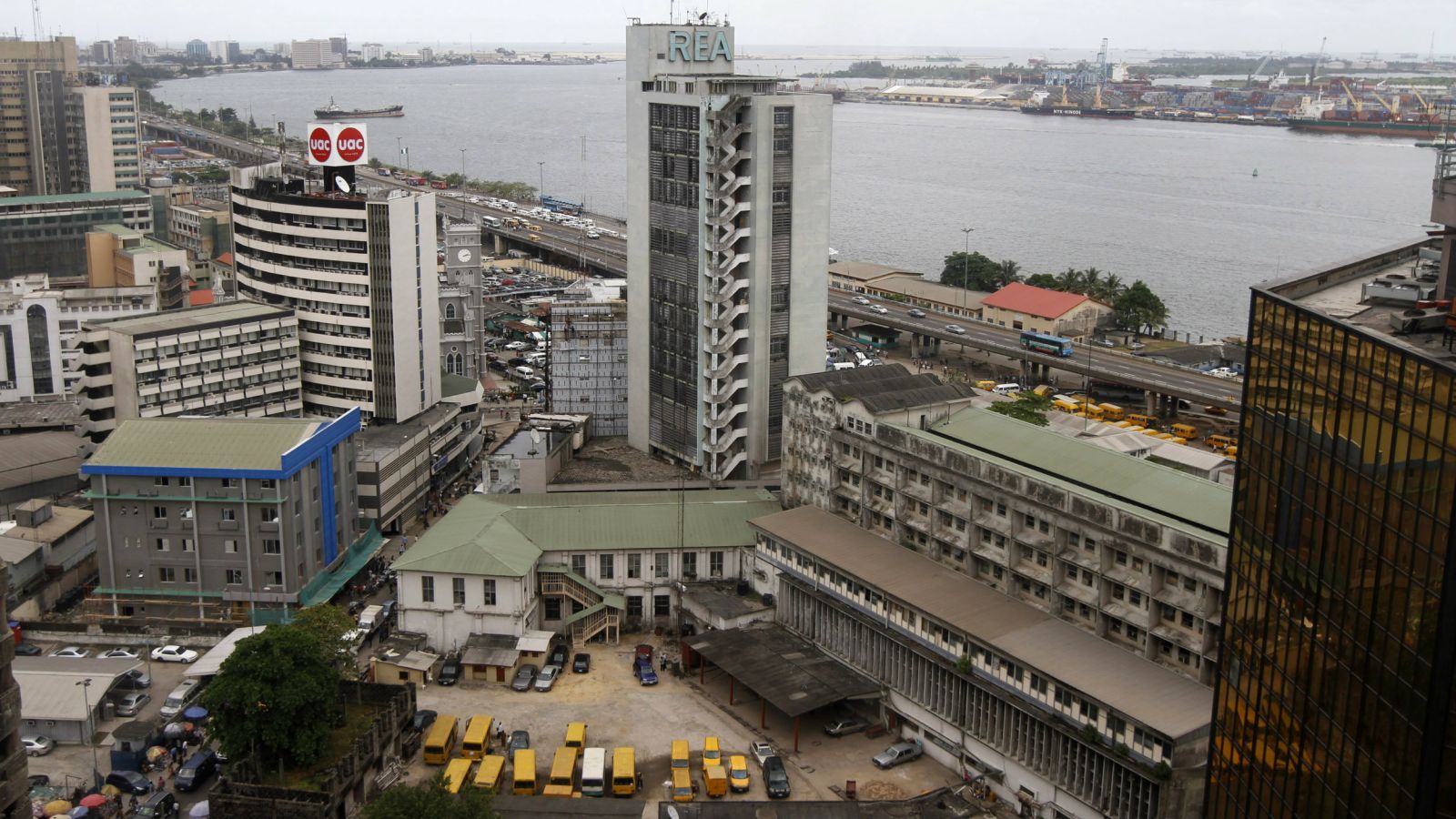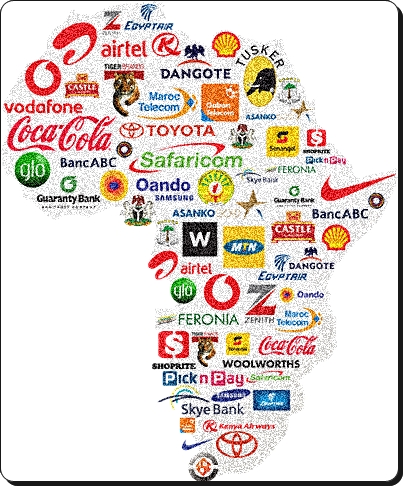
By Iyke Aru
Twitter: @iykearu
The Nigerian Naira reflected a significant increase in strength after the country’s Central Bank, announced that it has sold $221.37 million to 16 banks through the interbank foreign exchange (forex) market. This development has generated a lot of excitement among the nation’s citizens who prior to this time have criticized the government for their previous policies that had seen the Naira depreciated to as low as NGN520 per USD$1.
According to reports, the move is to enable the banks meet demand for Basic Transport Allowance (BTA), school fees and medicals by customers and to ease the stress of genuine customers in obtaining foreign currencies.
With the nation’s President on a medical vacation, his critics have poured out a lot of accolades on the Acting President, Prof. Yemi Osinbajo, praising his style of leadership and insisting that he has a lot to do with the decision that has strengthened the Naira even in the short term. However, members of the ruling political party and their supporters insist that this development is not about the individual, but a reflection of good governance by the ruling party.
Government ignores secondary effects
Some experts however think that this move by the government and the Central Bank is only but temporary. Computer and Information Systems Specialist, Bamidele Ademola-Olateju insists that the current strength of the Naira is not economically sustainable. Olateju says that the dollar will inch up again because economic progress is not by fiat.
Olateju says:
“I am not an economist but the grill of my professors in micro and macro economics in my MBA class, baked some economic facts into my brain. The most important rule in economics is that of incentives. People make choices and react in predictable ways based on changes in costs and benefits. The reserve grew, the CBN intervened in the market. I wish the CBN did not. It is not sustainable! We should be left to swallow our poison. The adjustment has begun, we have started adapting to the poison and changing our ways. By next week, the dollar will inch up again because economic progress is not by fiat. Another rule; economic progress is through investment, trade, continuous improvement and sound economic and political institutions”.
According to Olateju, the Nigerian government has the habit of ignoring the secondary effects of its actions. She says that for the nation’s economy to improve, there must be fundamental changes. “Anything else is notorious short-termism for which we are well known. There are about 12 rules in all and we violate all”, she concludes.
Founder, BI Empowerment, Tokunbo Fasoro insists that the only viable measure that will give the Naira a sustained strength is by diversifying the economy.
Fasoro says:
“If we do not diversity the economy, to generate Foreign income, with the fall of oil prices, this measure will not be sustainable”.
A necessary intervention
Lawyer and financial law enforcement officer, Taqiyudeen Arabi describes the move by the CBN as a palliative measure which he thinks is a good move. “Would you rather have a dollar sold for 600 naira?, he asks. “While steps are being taking to build infrastructure, government intervention is needed in a situation like this . However Arabi notes that the only way to maintain the Naira strength for now is for the CBN to continue with meeting the forex demands through the commercial banks.
What is the source of the FOREX
Independent Financial Analyst, Stephen Ekene Isiuwe explains that the key indicators for economic growth include (but not limited to): Local content development, Foreign direct investments (FDIs) and Exports.
He says that he is yet to see the government of the day address any of these issues. Isiuwe says that if Local content is developed, and export improved, then FDI becomes easy….
He continues by saying that the Naira should be gauged freely with other currencies and not padded. That way, it’s true value will show and lasting solutions proffered.
However, Isiuwe says that whether the process is sustainable or not will only be determined by the source of the forex that is being injected into the market by the CBN.
Isiuwe says:
“This move by CBN is the same thing they have always done. What makes it interesting now is simple,”where did they get the dollar from?” Usually, our dollar reserves are from proceeds from oil sales(when the price of crude was good) and FDIs(foreign direct investments) from multinationals. Both are not as it used to be so the question again is “where did the dollar come from?” On answering that question we will know if this move is sustainable or not.
However, this is a palliative measure as the indicators that make this kind of moves sustainable is lacking”.
Palliative measures won’t last
Public relations consultant, Esan Oluyemi notes that many Nigerians blame the naira-dollar debacle on poor govt policies but shy away from the root cause of the problem.
Oluyemi is of the opinion that the problem from a long term perspective is simple and requires simple solutions.
“It is simply about demand and supply. How much of the Naira does the world need compared to the dollar Nigeria needs, and what is the volume of our exports against our imports”.
Oluyemi prescribes a long term solution as reducing the demand for the Dollar on one hand via import substitution and on the other hand encourage exports via massive investment in infrastructure & local production.
Oluyemi concludes:
“Interventions via govt policies are mere palliatives that may not stand the test of time”.


